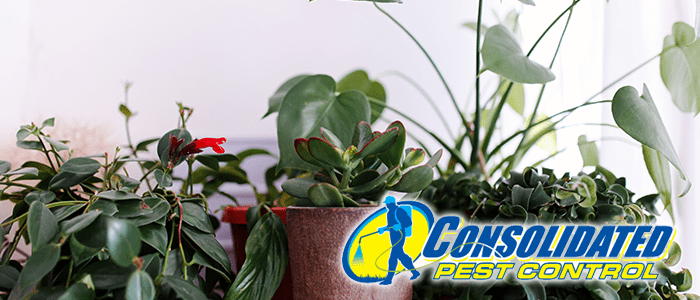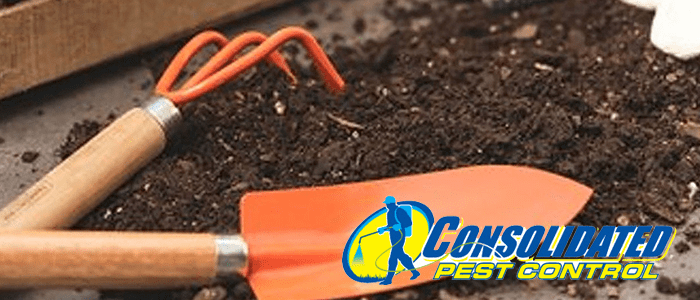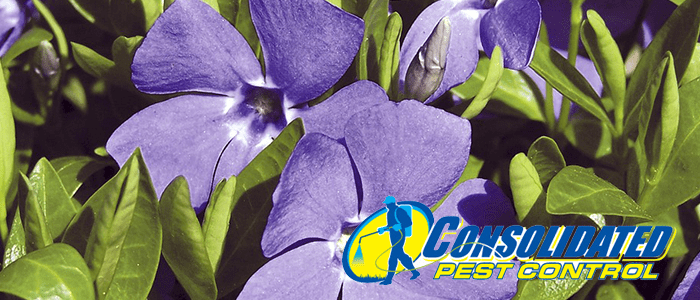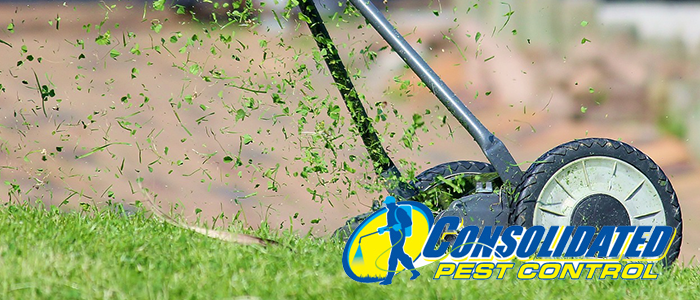
Pest-Proof Indoor Plants For Your Home
Having plants in your home is one of the best ways to add some life to any kind of space. Some indoor plants produce herbs and small vegetables you can use in your kitchen, while others can filter out toxins that may be in the air.
But not all plants are the same; they all have different conditions that they thrive in, and some plants, while pretty, have an unfortunate tendency to attract pests to them. Not only can it be unnerving to find worms, whiteflies, and gnats in your house, but they can end up attracting even bigger pest problems.
Thankfully, though there are plants that attract pests, there are also plants that are resistant to pets and naturally deter infestations. We’ve featured a few of the best and most popular indoor plants below that pests don’t like – check it out!
Snake Plants
Known better as the “snake plant” or “snake grass,” Sansevieria trifasciata is one of the most popular choices for house plants. Native to West Africa, it also happens to be one of the easiest to grow indoors, as even in dark spaces, they require a minimal level of maintenance and water. As an added bonus, snake plants also remove harmful toxins from the air like benzene, xylene, formaldehyde, and trichloroethylene.
The versatile snake plant also comes in a wide variety of species, sizes, and variations, so they can fit into just about any home or office space. Just be aware that they are toxic when ingested for not only pests, but children and pets as well.
Bromeliads
With thick and fleshy leaves that pests find hard to chew on, bromeliads hail from the tropical parts of the Americas and are easily watered by pouring into the “cup” of the plant where the leaves meet. Pineapple plants also fall into the bromeliad category, but for indoor spaces, the decorative species choices are better.
Bromeliaceae have been known to survive for weeks without water and can grow in artificial light, though they are much more bright and colorful when able to feed on natural light. In addition, bromeliads are not toxic when consumed, unlike snake plants.
Cast Iron Plant
Aspidistra elatior, the “cast iron plant,” is a plant that is native to Taiwan and Japan and gets its name from the fact that it’s seemingly impossible to kill. This incredibly hardy plant looks like a peace lily with less elegance and has a preference for hot and dry conditions, and is also safe for pets and children as it grows slowly.
Jade Plant and Closing for Indoor Plants
Crassula or the “jade plant” is native to South Africa, but has a great amount of popularity all over the world as an indoor plant, and is also called the “money plant” from the belief that this plant brings good fortune to its owners.
However, unlike some of the hardier plants on our list, the jade plant needs a lot of bright light in order to grow and flourish, with a preference for direct sunlight. When they are taken care of properly, they can grow old and large, and they also purify the air, but like the snake plant, they are toxic when consumed by children and pets. If you have some problem pests like this, contact us at Consolidated Pest Control for assistance.








